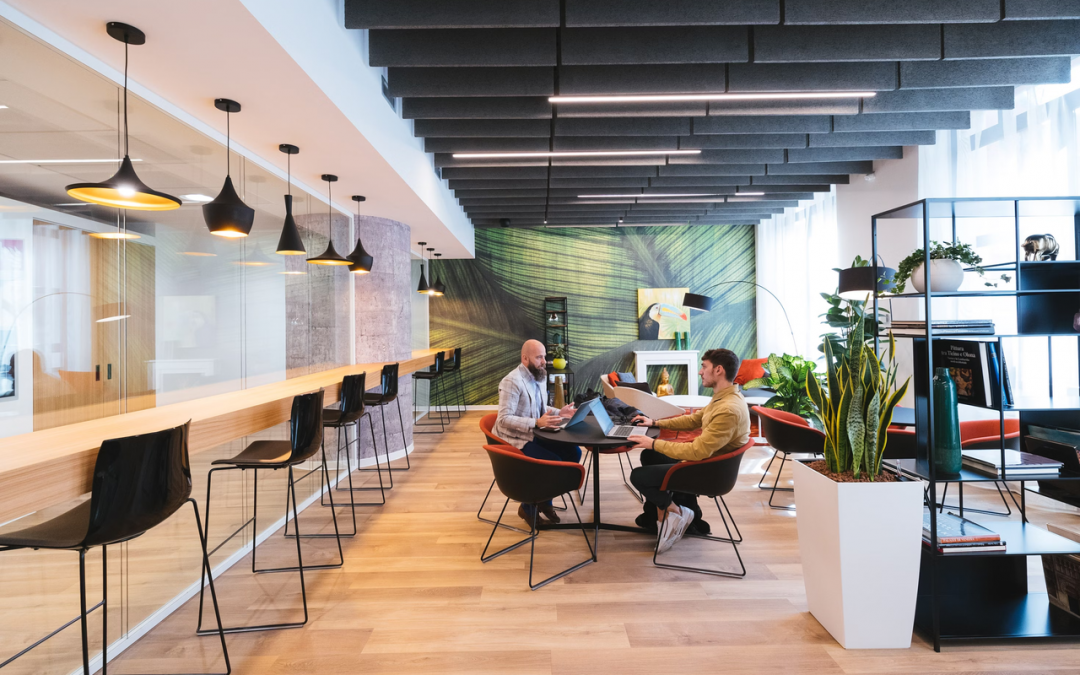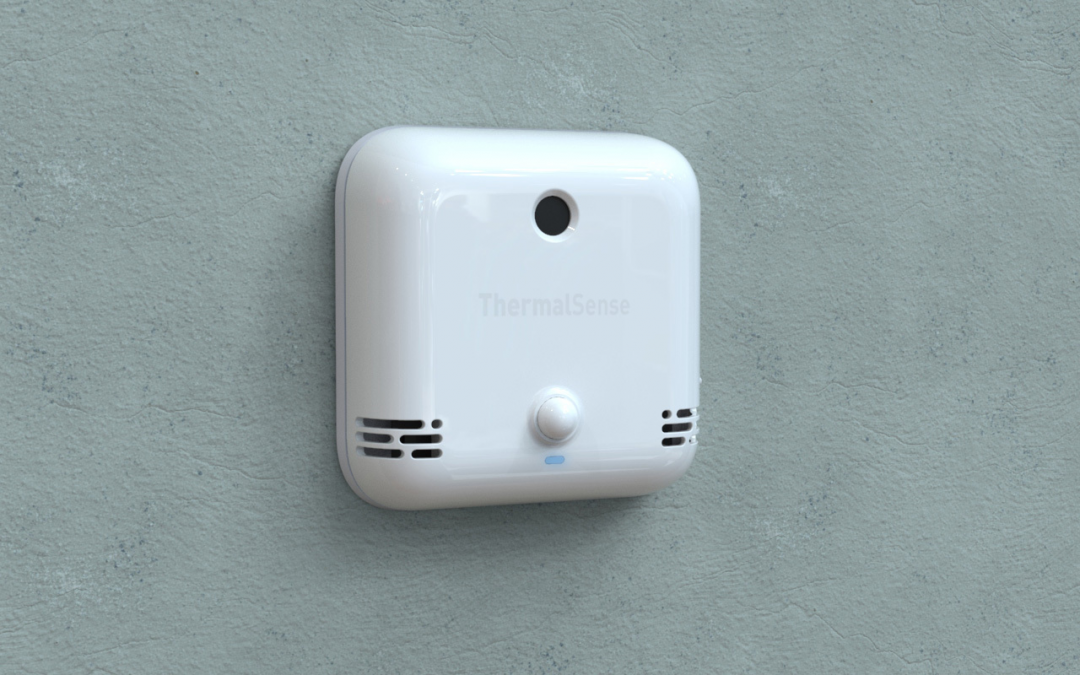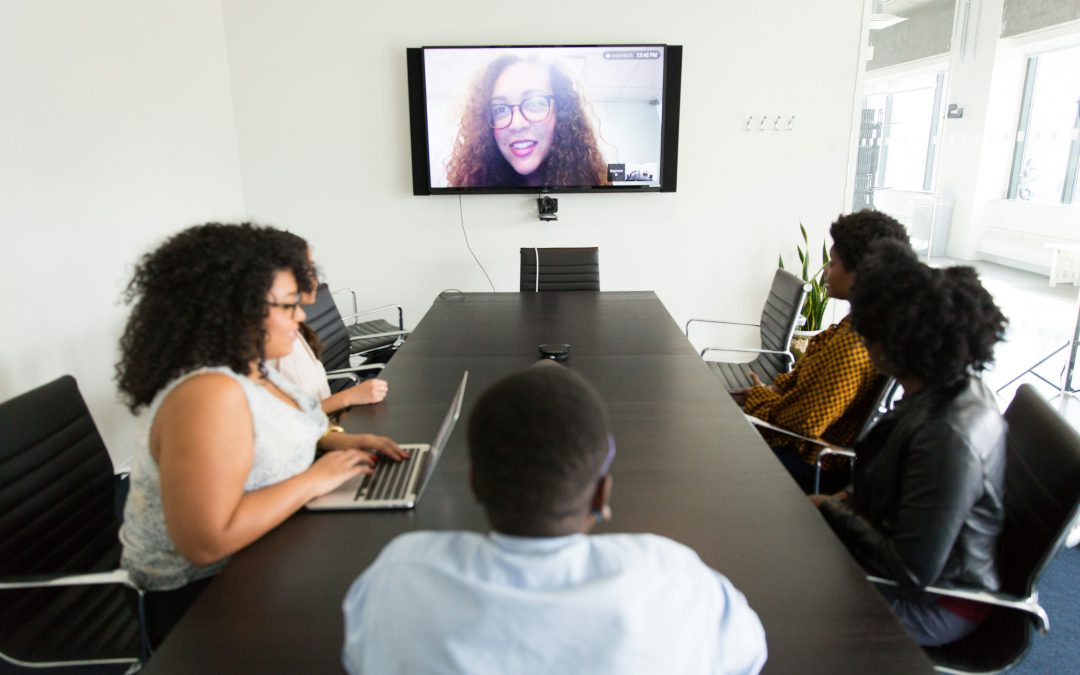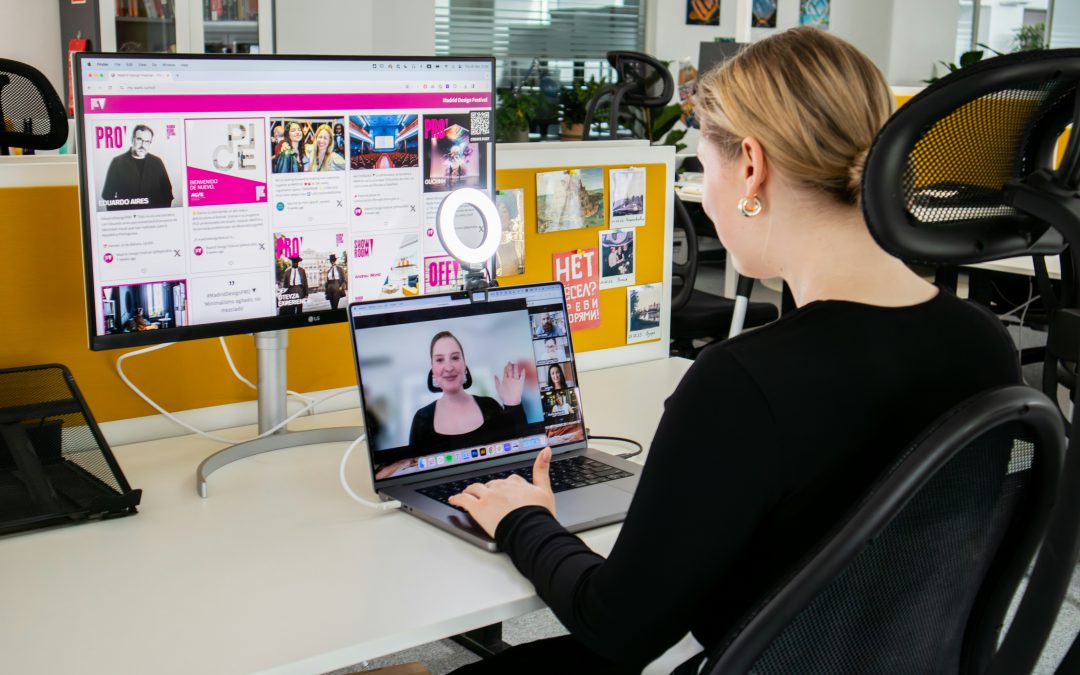Hybrid work: It’s all anyone is talking about these days. And understandably so. The pandemic has turned our lives upside-down, and many prefer to keep it that way—at least where work is concerned.
Our office spaces are the last physical connection to the old world; they’re the first thing we want to escape as we enter a new one. But there’s no cookie-cutter solution for hybrid work for different companies, employees, or even generational groups. For example, younger generations tend to thrive in remote environments where they can collaborate with colleagues from their couches instead of their cubicles. But older workers often prefer the in-office experience because it provides structure or allows them to mentor other employees who need help developing professionally or personally.
In this post, we’ll explore how different generations feel about hybrid work and what employers can do to accommodate both groups:
Many believe that hybrid work will be a positive change for their company. You might be surprised to learn that 25% of respondents believe hybrid work will positively change their company. People are looking forward to having the flexibility to work from home, and 46% think it could make employees happier by allowing them to spend more time with family.
Younger generations prefer a hybrid work-from-home and office schedule.
Younger generations are more likely to prefer a hybrid work-from-home and office schedule. Why? There are many reasons for this, including the desire to be closer to family and friends or wanting more independence from their employer.
Some of these younger workers also fear missing out (FOMO) when they’re not at the office—they worry that no one will notice or think about them if they aren’t in the office every day. To remedy this situation and ensure that they don’t get left behind during important meetings or discussions between coworkers, some younger workers opt for working remotely to attend those meetings via video conference calls.
Around 1 in 5 office workers are ready to return to the office full-time.
While the majority of workers surveyed want to continue working remotely, a small but significant minority are ready to go back to traditional office life. Among those who plan to return to the office full-time, almost half (44%) said they would do so because they found that hybrid work was not as effective as they’d hoped.
About one in four (26%) said it was because they missed being around colleagues and accessing shared resources at the office. Another reason remote workers are eyeing transition back into traditional offices is lifestyle considerations. While hybrid work suits many people, others simply prefer having more flexibility in their time and space during the workday.
Employers are prepared to offer more benefits to attract younger workers who want more flexibility.
Employers are prepared to offer more benefits to attract younger workers who want more flexibility. Suppose you’re a millennial or Gen Z looking for a job with more flexible work options. In that case, there’s good news: employers are starting to take notice and adjust their benefit offerings accordingly.
- Flexible schedule: This is one of the most common requests from millennials seeking jobs. Some companies let employees choose when they work. In contrast, others let them set their own hours within parameters set by management—and some even allow unlimited vacation time!
- Telecommuting options: Working from home isn’t just a perk anymore—it’s become an expectation among many younger workers. Many companies now offer this option as part of their benefits packages to appeal to employees who don’t want to spend all day in an office every day or can’t afford housing near where they work full-time because it’s too expensive (or both).
- Remote work options: Employers have recognized that not everyone wants or needs constant face-to-face contact with coworkers, so many have created environments conducive to remote working (for example, providing access to online meetings tools) without docking paychecks accordingly
Older generations would like to return to the office as soon as possible.
While many employees in the younger generations are hesitant to commit to a company, older generations would like to return to the office as soon as possible. This is because older employees have more traditional work ethics and are less likely to take advantage of flexible scheduling options.
In addition, younger generations are more likely to find it difficult to balance school and work. In contrast, older generations may already have children at home who need daily attention. Older workers also tend to have more financial obligations than younger ones—they’re more likely to have mortgages, car loans, and student loans—so they often want to get a good job with benefits so they can pay off these debts quickly while still being able to afford rent at home or an apartment in town.
Around 40% of employees think they have all the tools to work from home effectively.
To be effective while working remotely, you need the right tools. It might seem simple, but having the right equipment is crucial. The kind of work you do and the type of work environment can influence what will help make your job easier.
For example: if your job requires lots of long-distance travel or physical activity (like construction), having a computer with a webcam for video calls may not be as important as having access to reliable Wi-Fi and power outlets near your desk. On the other hand, if your office has plenty of desks available in which people can sit down together face-to-face and collaborate on projects, then maybe having a mobile device with audio capabilities would be more beneficial than one that streams video from home since this allows workers more flexibility when traveling (or commuting).
In the words of one respondent, “I’m looking forward to seeing my colleagues, but I’m not looking forward to working in an office again.”
What are employees looking forward to when they return to work after the holidays?
In a nutshell, they’re looking forward to seeing their colleagues again. They’re also looking forward to working in the office again, and—perhaps surprisingly—they’re excited about getting back into the groove of working from home. But many don’t realize this last part is most people’s favorite option: it’s just that most don’t know it yet!
Conclusion
These insights have proved helpful in your own considerations about what an ideal work environment looks like for you. It’s clear that hybrid work is here to stay, but don’t be discouraged if it initially seems challenging to balance your home and office time effectively. As more and more employers find ways to accommodate new schedules, it will become increasingly difficult for them (and their employees) not to adapt as well!
Do you want to see how a workplace solution helps a workforce of different generation work? Watch ProSpace in action! Connect with our workplace experts here. See for yourself how our meeting room booking system, desk booking system, and other workplace solutions can help your office work smarter.








